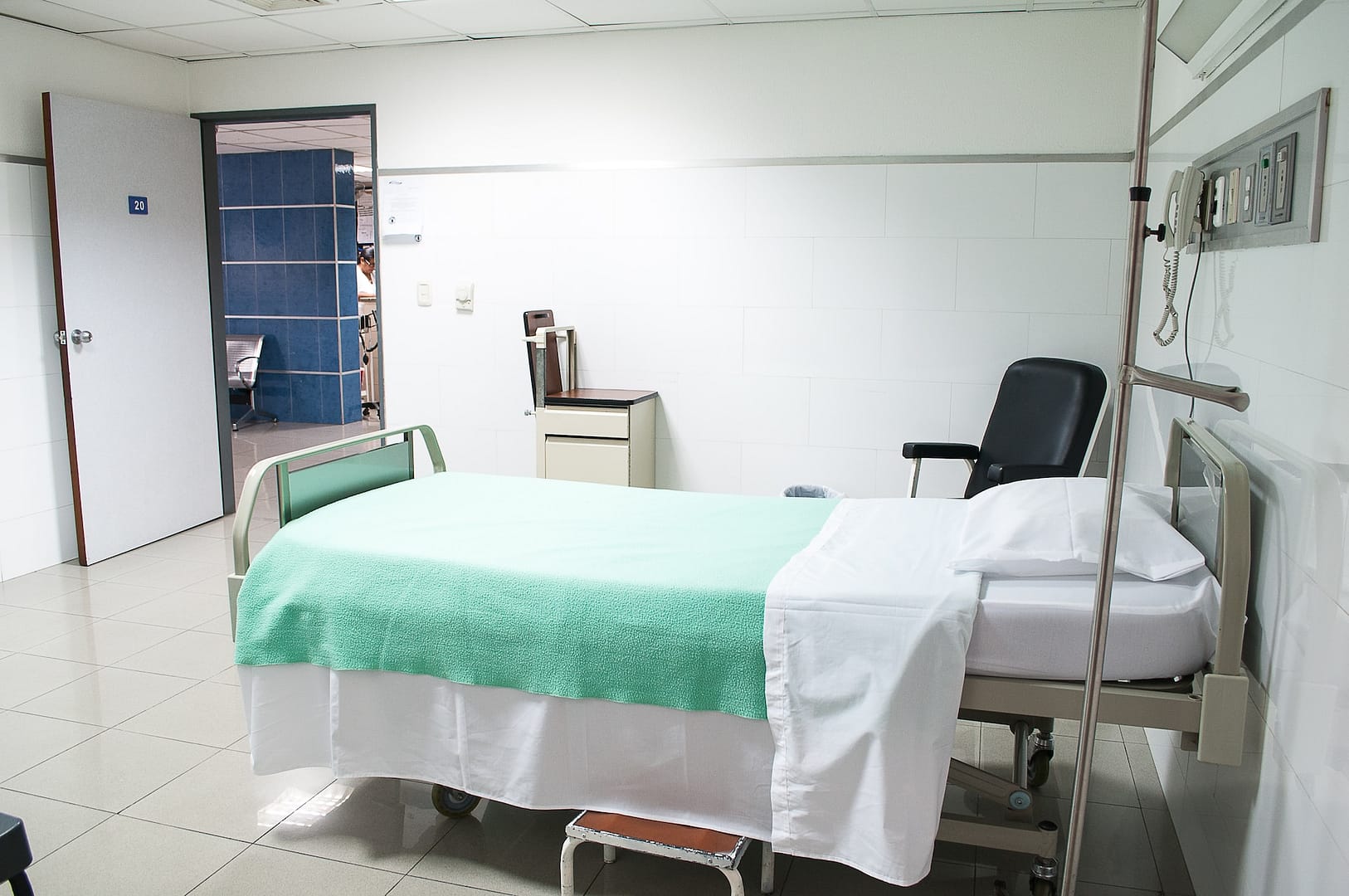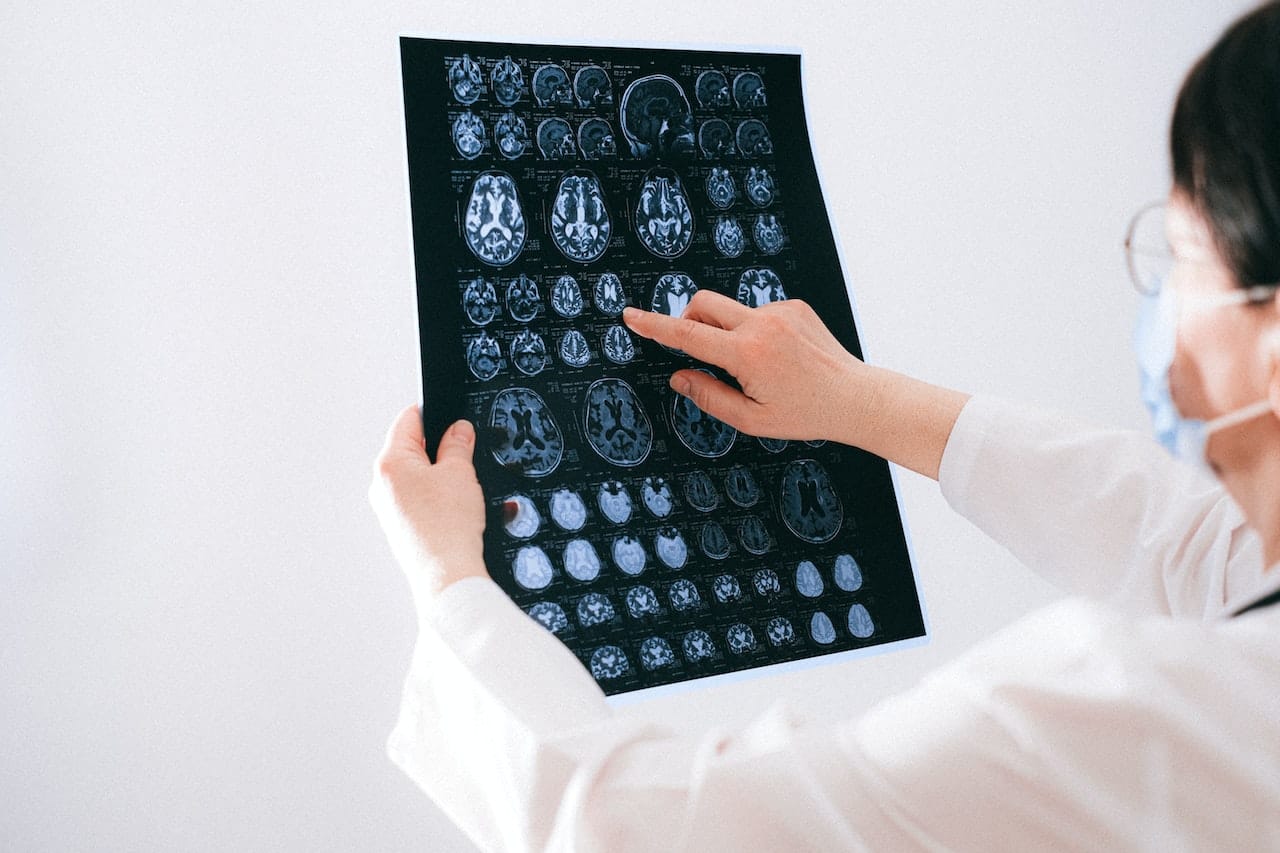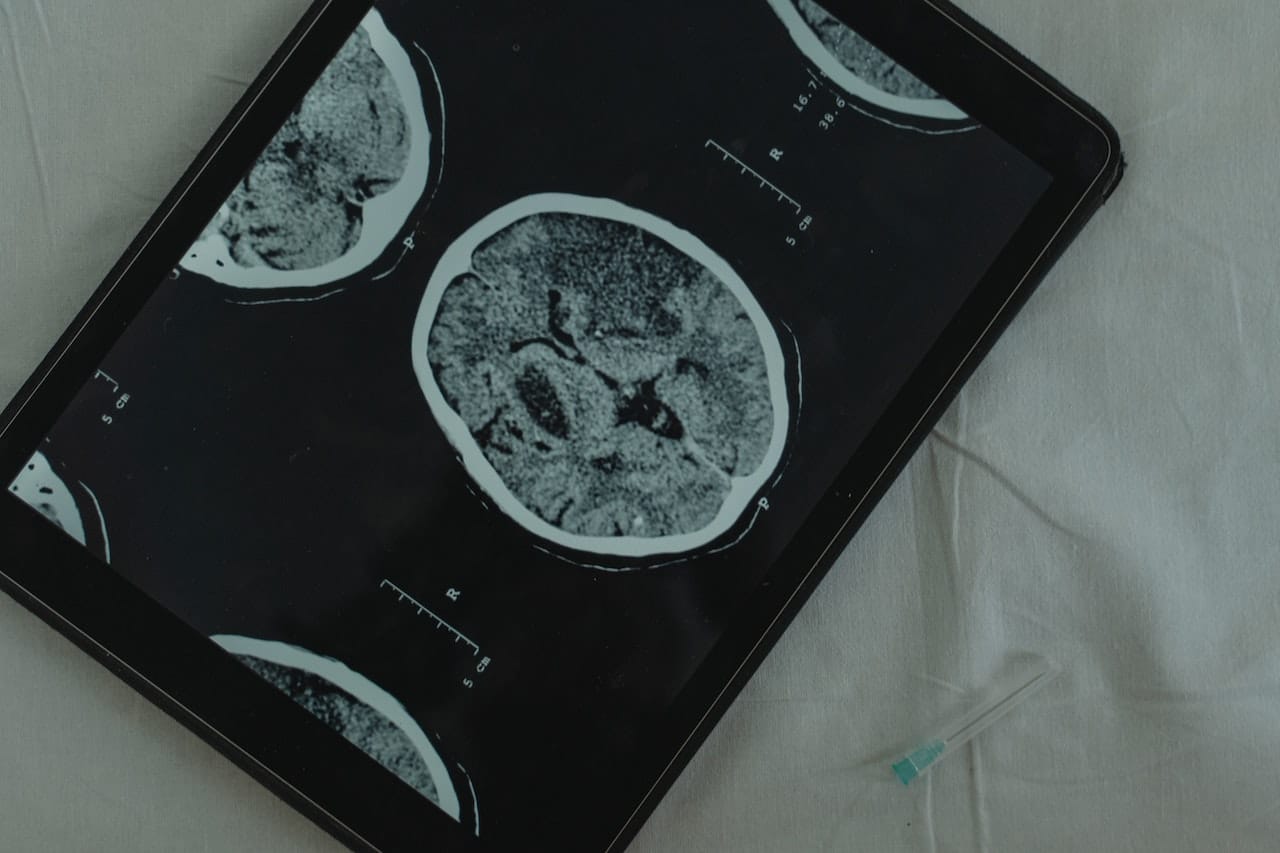Accidents happen, often when we least expect them. One moment everything seems fine, and the next, life takes an unexpected turn. One such incident that can have serious consequences is a head injury. Whether it’s a fall, a sports-related accident, or a vehicular collision, head injuries require immediate attention and, in some cases, hospital treatment. In this article, we’ll delve into when you might need hospital treatment for a brain injury, the danger signs to look out for, and why seeking prompt medical care is crucial. We will also provide information on how best to start your serious injury claim.
Understanding Head Injuries
Our brains are remarkable organs, intricately responsible for controlling everything we do and who we are. However, the brain is delicate and well-protected by the skull to prevent injuries. Yet, when a sudden impact or external force is strong enough, it can cause the brain to jolt inside the skull, leading to a head injury.
Head injuries can vary in severity, from mild concussions to more severe traumatic brain injuries (TBIs). It is essential to recognize when a head injury might require immediate medical attention, as timely intervention can make a significant difference in the outcome.
When Should You Go to the Hospital for a Head Injury?
Seeking medical attention promptly is crucial for any head injury, especially if certain symptoms or situations arise. In the UK, it is advisable to go to the hospital for a head injury under the following circumstances:
Loss of Consciousness
If you or someone else experiences a head injury and loses consciousness, no matter how brief it may be, seeking immediate medical attention is paramount. Loss of consciousness indicates a severe impact on the brain and requires urgent evaluation.
Persistent Headache
Following a head injury, if you experience an intense or persistent headache that does not subside with over-the-counter pain relievers, it’s essential to seek medical attention. This could be a sign of a more serious underlying issue.
Seizures or Convulsions
If you witness someone experiencing seizures or convulsions after a head injury, do not delay; call for emergency medical assistance immediately.
Vomiting or Nausea
Frequent vomiting or nausea following a head injury may indicate increased intracranial pressure, which requires medical evaluation.
Slurred Speech or Difficulty in Communication
If you notice any difficulty in speaking or understanding speech after a head injury, it could be a sign of brain injury, and medical attention should be sought.
Remember, these are general guidelines, and if you are ever in doubt or concerned about a head injury, it’s always better to err on the side of caution and seek medical attention.
The Importance of Hospital Treatment for Brain Injuries
Hospital treatment for brain injuries is critical because the brain is a delicate organ with limited regenerative abilities. Swift medical intervention can prevent further damage, reduce complications, and improve outcomes. Here are some key aspects of hospital treatment for brain injuries:
Diagnosis and Evaluation
When you arrive at the hospital with a head injury, the medical team will perform a thorough evaluation. This may involve neurological examinations, imaging tests such as CT scans or MRIs, and other assessments to determine the extent of the injury.
Monitoring and Observation
Depending on the severity of the head injury, hospitalization allows medical professionals to closely monitor the patient’s condition. Changes in neurological status can be promptly addressed, and appropriate interventions can be administered as needed.
Surgical Interventions
In cases of severe head injuries with bleeding or swelling in the brain, surgery may be necessary to relieve the pressure and prevent further damage.
Rehabilitation and Recovery
After the initial treatment, hospital care may include rehabilitation programs to aid in the recovery process. These programs can help patients regain lost functions, relearn skills, and improve their quality of life.
Support and Education
Hospital treatment not only focuses on the physical aspects of healing but also provides support and education to patients and their families. Understanding the recovery process and potential challenges can be crucial for coping and making informed decisions.
Making a Serious Injury Claim
When a head injury occurs due to someone else’s negligence or fault, you may be entitled to make a serious injury claim. Serious injury claims can help you seek compensation for the physical, emotional, and financial hardships resulting from the accident. Here are some essential steps to consider if you believe you have a valid serious injury claim:
Gather Evidence
Collect as much evidence as possible to support your claim. This may include medical records, photographs of the accident scene, eyewitness statements, and any other relevant documentation.
Consult with National Claims
Seek guidance from our experienced claims specialists at National Claims, who specialise in serious injury claims. We can guide you through the claims process, assess the strength of your claim, and help you understand your rights and options.

Conclusion
Head injuries are no trivial matter, and they should never be underestimated. While many head injuries may not require hospital treatment, it is crucial to recognize the danger signs that warrant immediate medical attention. Loss of consciousness, persistent headaches, seizures, vomiting, and communication difficulties are all red flags that should not be ignored.
Hospital treatment for brain injuries is essential to ensure a proper diagnosis, monitoring, and appropriate interventions. Swift medical care can make a significant difference in the recovery process and improve overall outcomes for patients.
If you or a loved one experiences a head injury, always err on the side of caution and seek medical attention promptly. Your health and well-being are paramount, and it’s better to be safe than sorry.
Additionally, if you believe your head injury resulted from someone else’s negligence, you may have the right to make a serious injury claim. Consulting with us at National Claims can help you understand your legal options and seek the compensation you deserve for the physical, emotional, and financial impact of the accident.
In all cases, taking care of your brain and overall health should be a top priority. Stay informed, stay safe, and remember that proper medical attention and support can make all the difference in your journey to recovery.
Contact us to start your claim and to find out more about serious injury claims.
Click below to see why we are one of the most trusted claims management companies in the UK.

We’re proud of our excellent customer reviews
We thrive on delivering exceptional service and ensuring our clients’ satisfaction. Don’t just take our word for it. Check out some of our independent reviews to see what our clients have to say.
Excellent

This firm is excellent, they sorted out my car pay out and injury claim very fast, they always communicate with you all the time.

My accident case was dealt with confidence and with great result of the outcome, especially James kept me informed all the time.

I was very impressed at the way my inquiry was treated. I was listened to attentively and everything I needed to know was explained to me.






